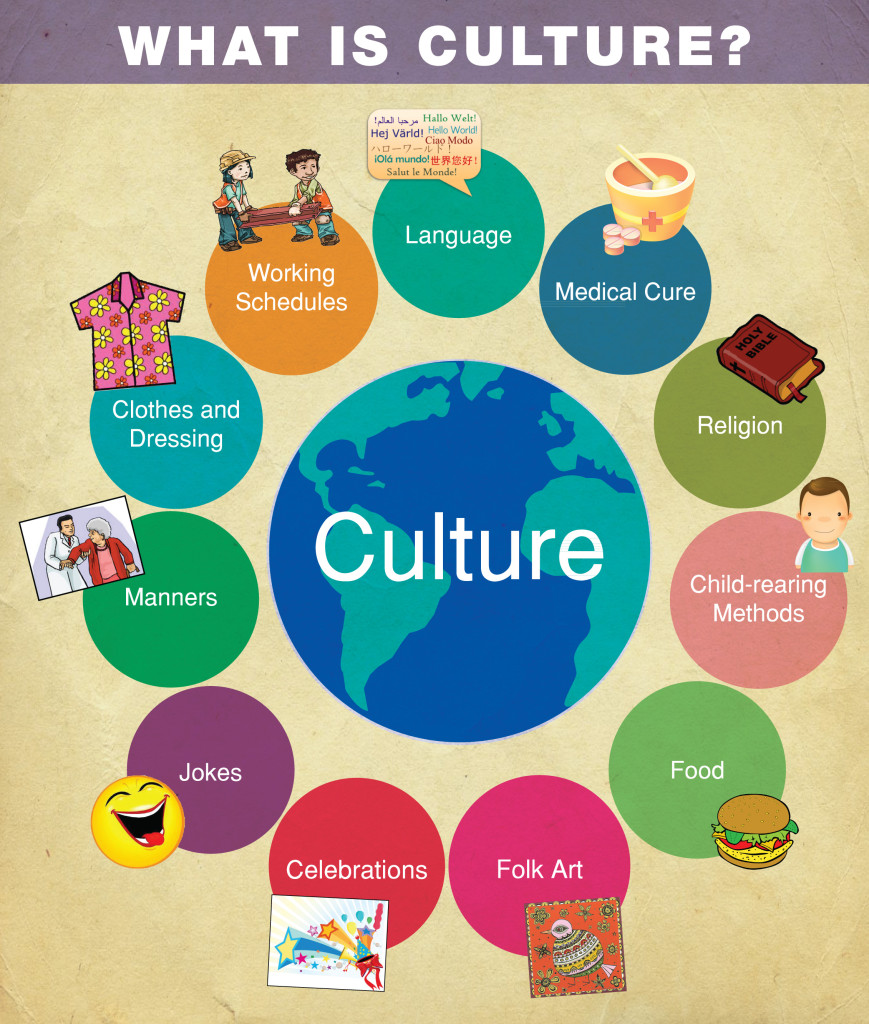RACE AND ETHNICITY
SURVEY OF REPUBLIC OF ECUADOR
-Head of household (male or female)
-What is the lenguage or dialect yhat he/she speaks?
-How does he/she consider himself/herself: Indigenous, Black (Afro-Ecuadorian), Mestizo, Mulato, White, or Other?
-Where was he/she belong to?
- Where does he/she usually live?
+ there are many questions about education, but we don't know if there are related with the race or ethnics
ENGLISH SURVEY
-What is your country of birth?-What is your ethnic group?
-What is your religion?
SPANISH SURVEY
-pais de nacimiento-cual es su nacionalidad
-donde nacio el padre?
-donde nacio la madre?
-va a algun centro escolar? -cual es el mayor nivel de estudios que ha completado?
-tiene hijos? cuantos?
CANADIAN SURVERY
-Which lenguages do you speak?
BRAZILIAN SURVEY
-State-Color or race
-Religion
-How many years lived in municipality wiyhout interruption?
-Born in this municipality
-Born in this state
-What is your nationality
-In what year did you become a resident of Brazil
-What is the Brazilian state or foregin country of birth?
-Have long have you lived without interruption in this state?
-Prior Brazilian state or foregin country of residence
-In which municipality did you live on July 31, 1995?
-In which Brazilian state of foregin country did you live on July 31, 1995?
-In which municipality and state or foregin country do you work study?
-What was the nature of the last union?











